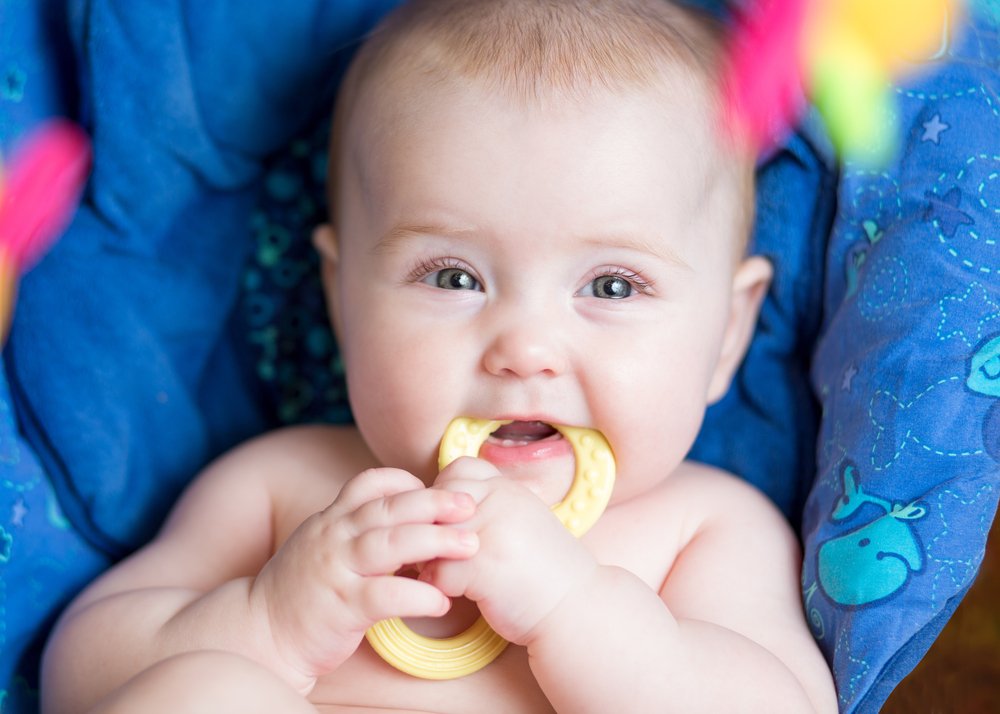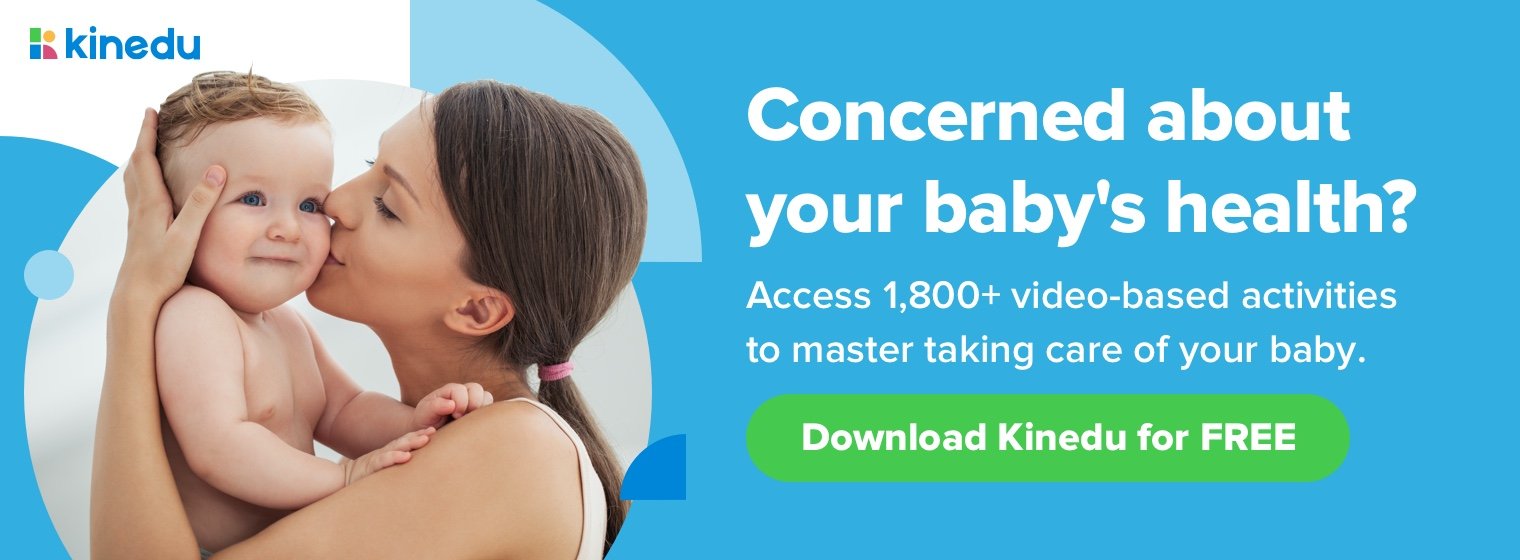Key Points:
- Signs of teething include putting objects in their mouths, gum swelling and inflammation, excessive drooling, sensitive gums causing pain, refusing to eat, trouble sleeping, gagging, and disrupted nighttime rest.
- Cold drinks, foods, refrigerated toys, and teething toys that counter pressure on the teeth can help relieve teething pain.
- Painkillers and oral anesthetics should not be used to treat teething pain, as they can be dangerous.
- Teething should not cause high fever or diarrhea; if these symptoms occur, it is important to contact a pediatrician.
Between your little one’s fourth and seventh month, their teeth will begin to come out. It’s a wonderful stage! In this guide, you’ll read about the signs that let you know when your baby is entering their teething stage.
Teething signs
- A month or two before teeth come out, your little one will start to put objects in their mouth and bite on them uneasily.
- You’ll see gum swelling and inflammation.
- Your baby may start to drool a lot; it can even lead to a facial rash.
- Their gums may be sensitive, causing pain.
- They may refuse to eat.
- They may have trouble sleeping.
- They might gag and cough from their constant mouthful of saliva.
- Their discomfort might disrupt their nighttime rest.
Not all babies will show these symptoms but if you notice these in your baby, you may expect their first tooth soon! To calm some of their symptoms, you can apply cold to your little one’s gums, with cold drinks, foods, or giving them refrigerated toys. Teething toys —toys that counter pressure on their teeth— are good to relieve their pain too!
Pain due to the first teeth
Teething can cause restlessness, irritability, and increased drooling. Some babies may be desperate and irritated because their situation is not comfortable at all. Other babies don’t seem to feel the change, their first tooth may sprout and they won’t even notice it. Try not to give your baby painkillers or rub oral anesthetics on their gums, because they can be dangerous.
Now, despite being uncomfortable, teething should not cause too much pain, high fever, or diarrhea. If you notice any of these symptoms, try to contact your pediatrician.








